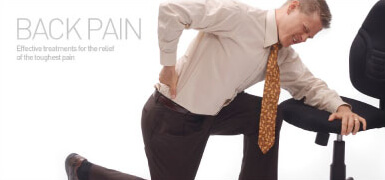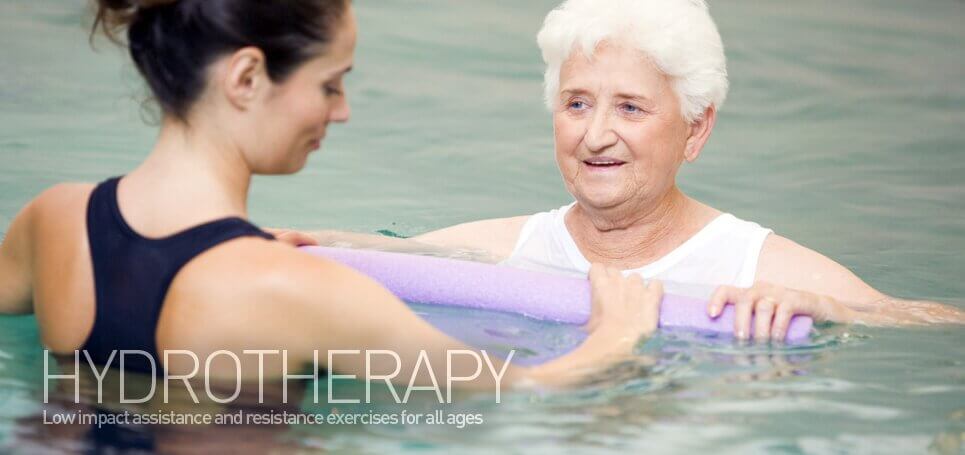Pilates Classes
Pro-Fit Physio takes care of your physical fitness
by offering clinical Pilates, a program that uses
evidence-based maneuvers to reshape your body,
improve posture, flexibility, core strength, balance,
control and coordination.
Our trained physiotherapists employ several techniques
and tools for addressing body injuries, pains,
and restriction of movement due to these factors.
A single session involves a limited number of clients,
which enables the therapist/instructor to tailor
the program to each individual’s needs
by designing a program, checking the technique
of the exercise, and subsequently amending it if required.
Pro-Fit Physio runs Pilates classes on Monday and Tuesday nights from 7:30 – 8:30 pm.
Casual Visits ($30 per visit): Please advise us of your intention to attend by contacting us here at the practice.
10 Visit Passes ($25 per visit): The 10 visit ($250) passes are to be used sequentially (i.e. attendance at the same class for consecutive weeks).
What is a Clinical Pilates?
Done under an instructor’s supervision, Clinical Pilates involves the use of mats or specialised equipment called a reformer to shape your body, tone, activate, and reinforce your muscles. This allows you to resume your previous functionality early.
How does Clinical Pilates benefit your Health?
Reduces Chronic Low Back Pain
Pilates exercises are known for their ability to reduce low back pain. Almost all types of low back pain stem from weak core (deep abdominal) muscles. The intensity of the back pain increases as the core gets weaker. Because all forms of Pilates exercises aim to strengthen the core, they help create a stronger support for the spine and pelvis, thus, preventing or lessening low back pain.
In addition to stabilising the core, Pilates also aligns the spine in its optimal angle, thereby avoiding a sudden inactive or working stance at the end of a movement, which can otherwise put undue stress on the spine and limbs. In an Australian study, volunteers with low back pain showed a significant improvement in the pain score, function and quality of life after performing clinical Pilates for 6, 12, and 24 weeks.
Helps with the Rehabilitation Process and Keeps further Injuries at bay
If you have an injury that is interfering with your daily activities, Pilates exercises can help you get back on track pretty soon.
One of the key factors triggering injuries (in athletes) is impaired movement control by the muscles. A stronger core not only will help you get through the recovery phase of an injury but by restoring function and movement control, the clinical Pilates may also protect you from such injuries in the future.
Being a supervised training, it may also help speed up recovery after surgery (in particular hip and knee surgeries). Experts recommend starting Pilates approximately 2 weeks after surgery. However, it’s always best to consult your doctor before starting any new exercise program.
Assists with Antenatal and Post-natal care
A woman’s body experiences immense physical strain during pregnancy and childbirth. Hence, clinical Pilates is often an ideal option during this time. Owing to its ability to bolster the pelvic floor and core muscles, it can reduce pregnancy-related pains as well as facilitate childbirth. Following childbirth, it can also fix abdominal separation, a condition known as diastasis recti.
A guided exercise program can always be relied on as it helps a woman continue her daily activities both during and after pregnancy.
Minimises Osteoporosis-related issues
Osteoporosis is a condition that causes your bones to become fragile and fracture due to loss of bone mass. Strong bones are less likely to undergo this degenerative process, a benefit ensured by Pilates. But what if your bones are already osteoporotic? Will Pilates still benefit you? Yes, research shows that clinical Pilates can offer the following benefits in osteoporosis:
- Reduction of pain
- Driving out the fear of movement due to pain
- Building up the density in bones
- Treat sports and other injuries, foster faster healing
- Improving the balance, muscle strength and endurance
- Making daily functioning less challenging, and
- Limiting disability




